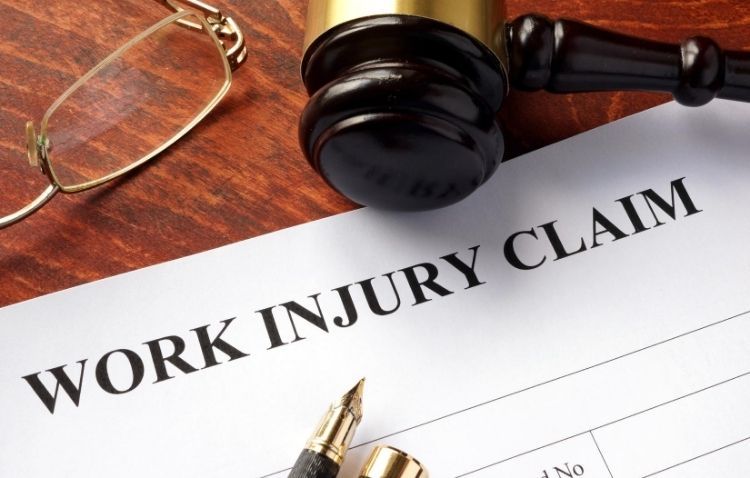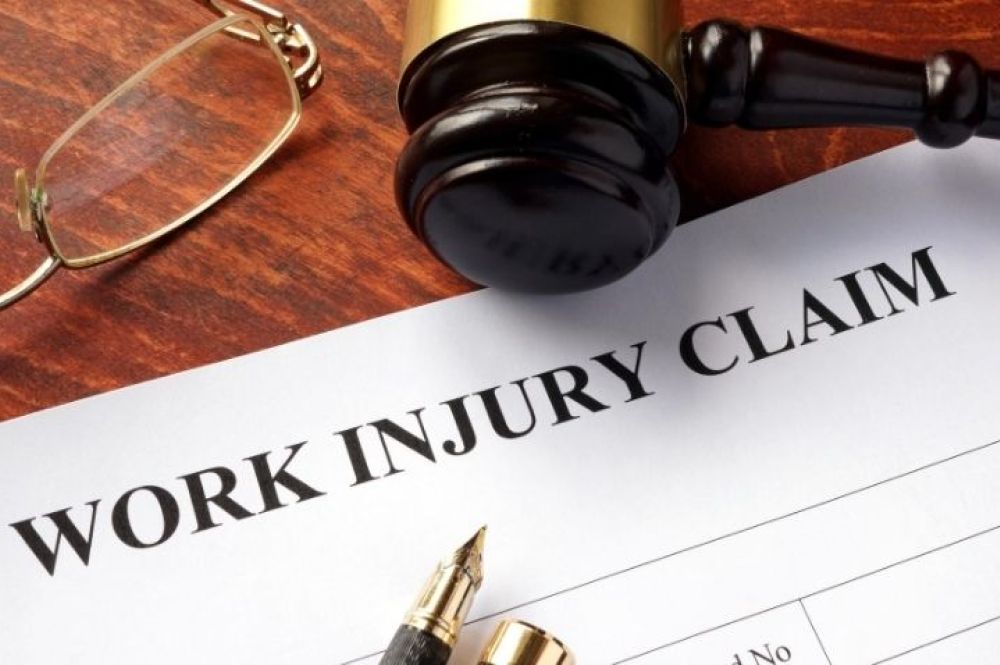What Is Worker’s Compensation?


Put in the simplest terms, worker’s compensation is when an employee is injured in a work-related accident or becomes ill due to conditions on the job and can receive treatment and partial wages. Most states (with a few select but important exceptions) require employers to purchase an insurance plan that covers their statutory obligations to employees who are injured or become ill due to workplace conditions. Virginia is one of those states There are both pros and cons to filing for worker’s comp so understanding everything that goes into it will help you make the best decision for yourself.
How does worker’s compensation work?
Worker’s comp is different from other types of insurance – car, for example – in that it doesn’t matter so much who is at fault. What is significantly more important than who is at fault is whether or not the accident or illness occurred at work. If you have sustained an injury, illness, or disability due to work-related circumstances, you may qualify for workers’ comp.
When you get injured while working, you will typically report it to your supervisor. By law, you have the right to medical care.
How does one qualify for worker’s comp?
Besides being an employee, you will likely need to qualify for the following criteria as well:
- You work for an employer who provides workers’ compensation insurance.
- Your injury, illness, or disability is work-related.
- Make sure to check your state’s regulations and deadlines for filing a worker’s comp claim and submit your claim before that time is up.
The potential cons of accepting your employer’s worker’s comp insurance
Many employees who are injured on the job accept the worker’s comp insurance without realizing that by doing so, they are giving up their ability to sue their employer. Worker’s comp was created in part to provide lost wages and medical care to injured employees but it was also meant to protect employers from being sued. It’s important to seek out the assistance of a knowledgeable lawyer at Montagna Law who has experience with worker’s comp claims to ensure you are being treated fairly by your employer’s insurance policy.
Generally, employers will do their best to make sure you get healthy again and to prevent future injuries but this may not always be the case. Each situation and injury is unique. The best way to know if this is your best option is to contact a lawyer at Montagna Law. This is especially important if you have sustained a life-threatening injury or if you have a permanent disability.
Latest Blog Posts
-
If you’re looking for someone who’s professional, attentive, serious, caring, and negotiable than Mr. Anthony Montagna is who you need. He understood his assignment and delivered well especially being with what I was looking at in my case. I want …– Tiara S.
-
I don’t know how he does it, but this man is a monster in the courtroom. I’ll admit I had fears of the outcome of my case, but when I was with Mr. Montagna in front of a judge. My confidence started to raise. Extremely professional and how he hand…– BD P.
-
Honestly , Mr. Montagna treats like you are his family the way he cares, he takes care of his people , I was doing triple digit speed on a 60 and lord I thought it was over for me in that courtroom , he’s a genius because I literally got away with…– Justin
-
I have been a client of Montagna Law since 2014. Because the customer service is exceptional, I have established a rapport with everyone in the office. As a customer for 8 years, it is noted that this firm goes above and beyond for the clients.– Eric E.
-
Montagna Law are wonderful attorneys. I was diagnosed with stage 4 lung cancer and they assisted me from day one when I contacted them. I highly recommend their services! Thanks guy’s and gal’s for your services!– Kevin B











